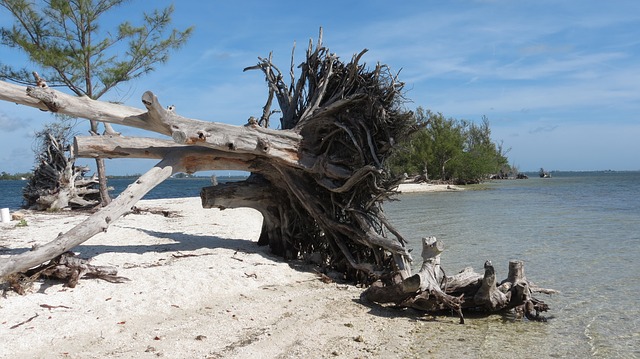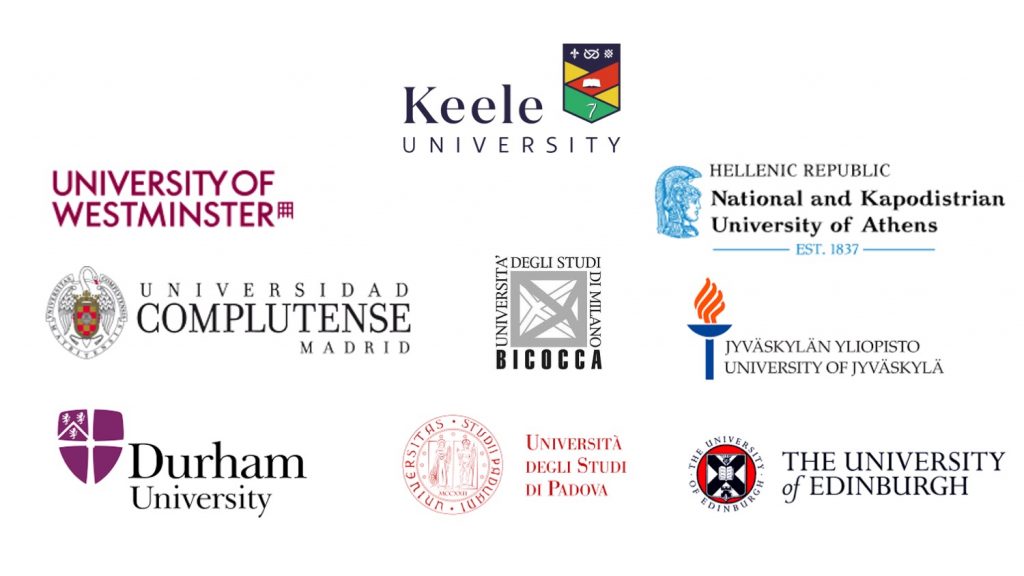Music is something that people turn to for solace, comfort, and reminiscence in times of crisis, and remembering past memories from our lives is a good way of orienting ourselves both backwards and forwards, helping us plan and think about the future. This project harnesses an unusual situation created by the global coronavirus pandemic to provide an opportunity to reflect on how our favourite music can be beneficial to us.
Click here to begin the study. (Scroll down for versions in Italian, Spanish and Greek).
We have created a DIY toolkit which follows the broad principles of the popular BBC radio programme Desert Island Discs, which asks you to choose eight pieces of music, a book and a luxury to take with you if you were cast away on a desert island with no access to the outside world. Through a series of steps you will identify, listen to, and reflect on your eight tracks, creating your own story in your own time.

You can do this study online or download a pack of materials to work offline, and you can take it at your own pace. Some people like indulging in a lot of reminiscence at once, while others might like to space out the activities. If you do one step a day, it will take 10 days to complete the study.
This study is being led by Professor Alexandra Lamont from the Centre for Psychological Research, Keele University, UK. For more information please contact me. We have developed this study based on good research evidence about the benefits of music and reminiscence, and are happy to answer technical or research-related questions. Regrettably we do not have the capacity to provide any psychological support, but we hope that these activities might provide some comfort at a challenging time.
Click here to access the study in English together with all the supporting information.

Research team: